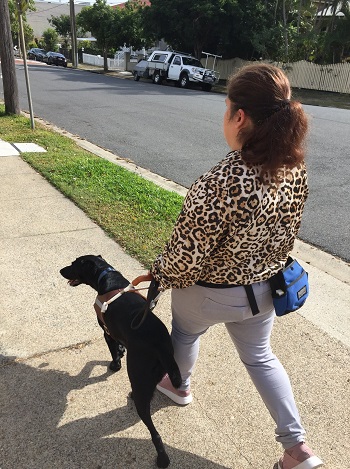
PUBLIC MISPERCEPTIONS ABOUT BLINDNESS & LOW VISIONBy Kim Pilic
Public misperceptions about blindness generally occurs through lack of knowledge, misinformation, stereotypical thinking, mindsets, and a lack or absence of interactive encounters with people who experience vision loss. Society only needs to truly observe, converse, read or engage with people who experience blindness or low vision, to clearly see them as fellow human-beings with abilities and strengths, rather than pitifully disabled.
As an Orientation and Mobility (O&M) Specialist, I have never viewed or labelled people who experience blindness or low vision as being disabled. Instead, recognising that government departments and other industries reference the term “disability”, as a homogenous categorisation for service eligibility, rights and entitlements. For instance, the term ‘legally blind’ suggests a person’s clinical eye measurement equates to a certain degree of blindness, subsequently suggesting they experience a disability, in view of eligibility for the 'Disability Blind Pension’, through Centrelink. We also have the National Disability Insurance Scheme in place, which is again a homogenous term linked to a government department. One must be classified as “disabled”, before being considered for this scheme.
It is therefore important to dispel socially constructed fallacies around “disability”, in respect to blindness and low vision. I have met and worked with countless people who have experienced varying degrees of vision loss, whose educational and vocational abilities were broad, including: managers, engineers, doctors, nurses, dancers, musicians, ministers, support workers, business owners, writers, psychologists, lawyers, OTs, O&Ms, teachers, labourers, researchers, assistive technology consultants, advocates, social workers, hospitality workers, piano tuners, farmers, caterers, public servants, and so forth – the list is endless. Whilst living with blindness and low vision may be an everyday part of peoples’ lived experiences, so too is the opportunity to study and work, as with every citizen. I hope this blog challenges paradigms, alters mindsets, and assists in dismantling societal barriers by reshaping misperceptions about blindness and low vision.

 Follow us on Facebook
Follow us on Facebook